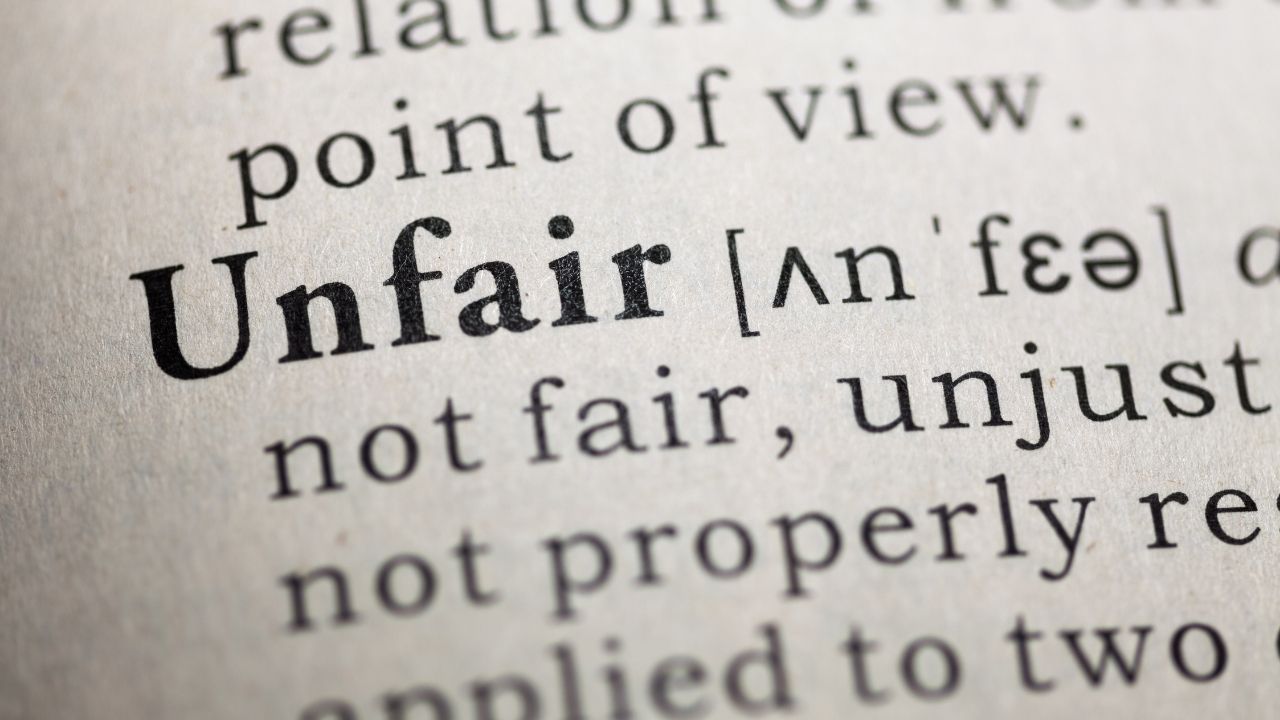On July 24, 2025, the Judicial Committee of the Privy Council (JCPC) delivered a significant judgment in Jardine Strategic Limited v Oasis Investments II Master Fund Ltd and 80 others (No 2) (Bermuda) ([2025] UKPC 34), fundamentally reshaping the legal landscape regarding shareholder access to a company’s privileged legal advice in Bermuda and England and Wales. This decision abrogates the long-standing “Shareholder Rule,” which had allowed shareholders to override a company’s legal advice privilege in certain litigation contexts.
Below, we outline the key aspects of the judgment and its implications for companies and their shareholders.
Background
The case arose from the amalgamation of Jardine Strategic Holdings Ltd and JMH Bermuda Ltd on April 14, 2021, forming Jardine Strategic Limited. Under Bermuda’s Companies Act 1981, dissenting shareholders who opposed the amalgamation were entitled to seek a court appraisal of the fair value of their cancelled shares. The respondents, a group of former shareholders, challenged the offered fair value of US$33 per share and sought the discovery of legal advice received by Jardine Strategic before the amalgamation. The company resisted, claiming legal advice privilege, but the plaintiffs argued that the Shareholder Rule, an exception to privilege allowing shareholders to access such advice, applied.
The Bermudian courts initially upheld the Shareholder Rule, finding that shareholders could access legal advice obtained by the company before litigation was contemplated. The Court of Appeal further refined this, suggesting the rule was rooted in “joint interest privilege” and applied until the announcement of the amalgamation on March 8, 2021. Jardine Strategic appealed to the JCPC, challenging the existence of the Shareholder Rule and its application.
The JCPC’s Decision
The JCPC unanimously rejected the Shareholder Rule in its traditional form, as well as its reformulation as a subset of joint interest privilege, declaring it inapplicable in Bermuda and directing that it should no longer be recognized in England and Wales. The key findings are:
- Abolition of the Shareholder Rule: The JCPC held that the Shareholder Rule, historically based on the notion that shareholders have a proprietary interest in a company’s assets (including funds used to pay for legal advice), is inconsistent with the modern understanding of a company as a separate legal entity, as established in Salomon v Salomon [1897] AC 22. The proprietary justification was deemed “wholly inconsistent” with this principle, rendering the rule unjustifiable.
- Rejection of Joint Interest Privilege for Shareholders: The respondents argued that the company-shareholder relationship inherently involves a joint interest, akin to trustee-beneficiary or joint venturer relationships, justifying access to privileged advice. The JCPC disagreed, noting that shareholders’ interests are not always aligned with each other or the company. For example, in this case, minority shareholders favored a higher valuation, while the majority and the company preferred a lower one, highlighting a fundamental divergence of interests. The court emphasized that assuming a joint interest oversimplifies the complex, often conflicting, dynamics between a company and its diverse stakeholders.
- Rejection of a Nuanced, Fact-Specific Test: The Court of Appeal had proposed a flexible, context-based approach, where shareholders could override privilege if they demonstrated a sufficient joint interest in the specific advice. The JCPC rejected this, citing the uncertainty it would create for directors seeking legal advice. The court stressed that legal professional privilege requires a “bright line” to ensure companies can seek candid legal advice with confidence in its confidentiality, particularly before litigation is contemplated.
- Willers v Joyce Direction: Recognizing the rule’s historical acceptance in English law, the JCPC issued a Willers v Joyce direction, declaring that courts in England and Wales should treat this decision as abrogating the Shareholder Rule. This ensures consistency across jurisdictions and addresses potential conflicts with prior English authorities, such as Woodhouse & Co Ltd v Woodhouse (1914) 30 TLR 559.
Implications for Companies and Shareholders
This landmark decision has significant implications:
- Enhanced Protection for Legal Advice Privilege: Companies can now assert legal advice privilege against shareholders in litigation without fear of the Shareholder Rule overriding it. This strengthens their ability to seek confidential legal advice, particularly in complex transactions like amalgamations or mergers, without concern that shareholders may later demand access.
- Increased Certainty for Directors: The rejection of a fact-specific joint interest test eliminates uncertainty about whether legal advice will remain privileged. Directors can now make informed decisions to seek legal counsel, knowing that privilege will generally be upheld unless litigation privilege applies or another established exception (e.g., fraud) is invoked.
- Impact on Shareholder Litigation: Shareholders seeking to challenge corporate actions, such as valuation in amalgamations, will face greater hurdles in accessing legal advice relied upon by the company. This may limit their ability to scrutinize the basis for corporate decisions, potentially affecting appraisal actions under statutes like Bermuda’s Companies Act 1981.
- Cross-Jurisdictional Relevance: The Willers v Joyce direction ensures that the decision applies in England and Wales, aligning the common law across these jurisdictions. Companies operating in multiple common law jurisdictions should review local laws, as some (e.g., Canada and Australia) have already rejected the Shareholder Rule.
Practical Considerations
Companies should:
- Review Privilege Policies: Ensure internal policies reflect the strengthened protection for legal advice privilege and educate directors on the implications of this ruling.
- Document Decision-Making Processes: In transactions like amalgamations, maintain clear records of decision-making to defend valuations without relying on privileged advice.
- Monitor Ongoing Litigation: Shareholders involved in current disputes may need to adjust strategies, as access to privileged documents is now restricted.
Conclusion
The JCPC’s decision in Jardine Strategic Limited v Oasis Investments II Master Fund Ltd marks a pivotal shift in the law of legal professional privilege. By abolishing the Shareholder Rule, the court has prioritized the fundamental right of companies to seek confidential legal advice, reinforcing the separate legal personality of companies and providing greater certainty for corporate decision-making. Companies and shareholders alike should consult legal counsel to navigate the implications of this ruling in litigation and corporate governance.



